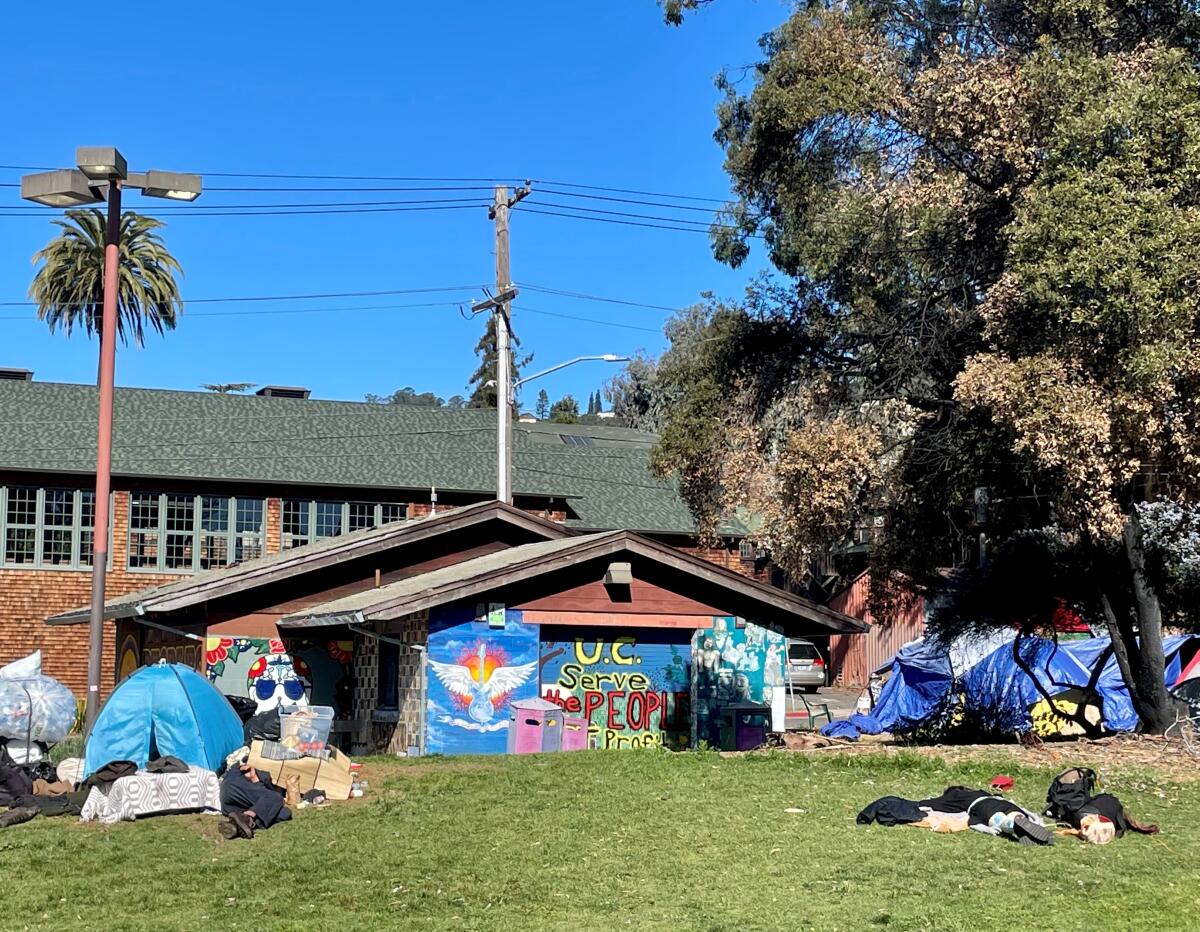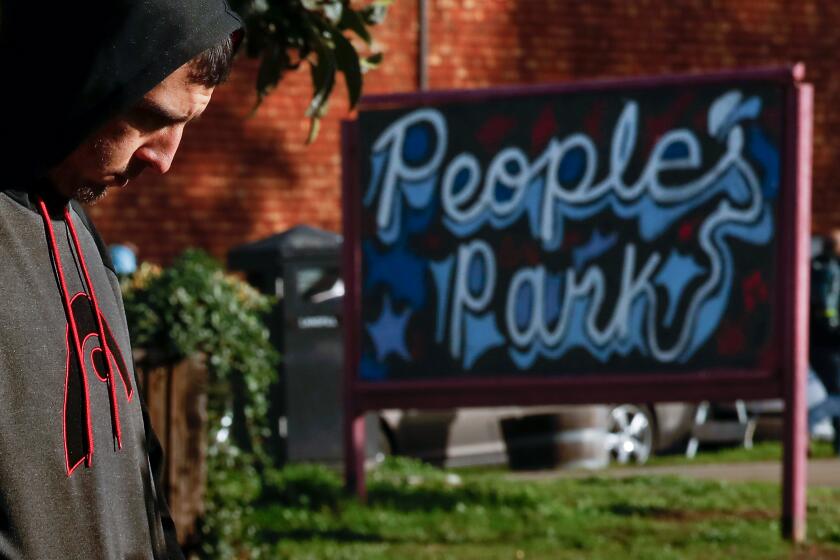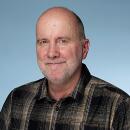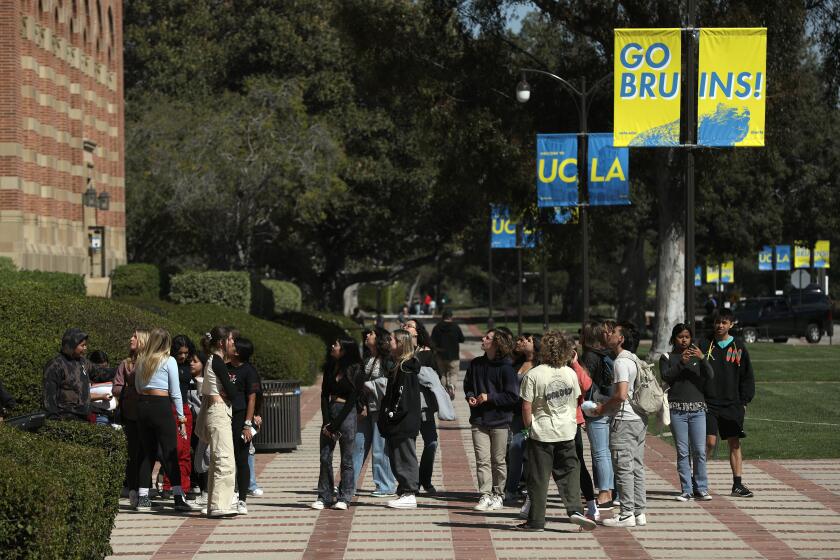Judge rules UC Berkeley can clear People’s Park, site of 1960s protests, to build housing

- Share via
BERKELEY — Berkeley’s People’s Park, for half a century a symbol of Bay Area protest and counterculture and for years the home of numerous unhoused people, is one step closer to becoming student dorms and housing for low-income community members after a judge tentatively ruled Friday that construction can commence.
Alameda County Judge Judge Frank Roesch, in a decision that won’t become official until it is issued in writing, probably next week, ruled that UC Berkeley can begin clearing the historic park and starting site work because the university’s plan does not violate the California Environmental Quality Act.
UC Berkeley and the city of Berkeley proposed redeveloping the park in 2018, calling it a first-in-the-nation plan to build long-term supportive housing for homeless people on university land. The university would also build 1,100 units of badly needed student housing and retain some of the park as open green space, while also erecting a monument to its storied history.
But two organizations — the People’s Park Historic District Advocacy Group and Make UC a Good Neighbor — jointly filed a lawsuit, arguing, among other things, that the university had other options for developing housing and had not adequately studied them, as required by state law. Two other groups filed their own challenges, which will be consolidated into the judge’s decision.
UC spokesperson Dan Mogulof said university officials are “pleased with the judge’s decision and look forward to the court making it official early next week, just as we look forward to starting construction sometime this summer.”
But Harvey Smith, president of the People’s Park Historic District Advisory Group, said Friday that it plans to appeal the decision and ask for a stay preventing the university from launching work until a state appeals court weighs in.
As the legal issues wended their way through the courts, all of the homeless people in the park were offered transitional housing for up to a year and a half, as well as meals and social services. Few, if any, unhoused people remain in the park.
In a unique partnership, UC Berkeley is working with the city and nonprofit groups to offer housing, meals and services to those living in People’s Park.
City and university officials have hailed the plan as a model for other universities and a landmark solution to both California’s homeless crisis and the housing shortage at UC Berkeley and other UC campuses.
“It begins with partnership,” UC Berkeley Chancellor Carol Christ said earlier this spring. “And it also begins with the university’s accepting that this is our responsibility to address the tragedy of homelessness in our midst.”
But no one familiar with the park or its history thinks change will come easily.
People’s Park was born in 1969, when the university announced a plan to develop the land, which is about four blocks south of the Berkeley campus just east of Telegraph Avenue.
Furious at the proposed development, hundreds of people dragged sod, trees and flowers to the empty lot and proclaimed it the People’s Park. In response, UC erected a fence. The student body president-elect urged a crowd on campus to “take back the park” and more than 6000 people marched down Telegraph to do just that. A violent clash ensued, leaving one man dead and scores injured.
The park has remained ever since, a Berkeley institution. It’s also, according to some, a magnet for crime. In May, the park was added to the National Register of Historic Places.
Garrison reported from Sacramento, Leavenworth from Berkeley.
More to Read
Sign up for Essential California
The most important California stories and recommendations in your inbox every morning.
You may occasionally receive promotional content from the Los Angeles Times.












